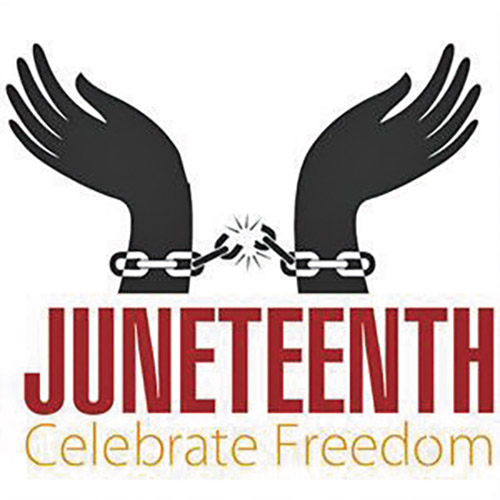
On an intellectual level we understand that as less than two percent of Americans and as a shrinking proportional population in the larger tri-state region, it is critical for the Jewish community to embrace its neighbors and seek to forge natural alliances with other like-minded communities. Taking the leap in learning what such relationship building entails and substantively acting upon those findings is something that much of our future communal successes depend on.
When I was elected to the Englewood City Council, among my first legislative actions was to follow up on a commitment that I had made to the local African-American community—to have an Orthodox Jew introduce the resolution necessary to have Juneteenth officially recognized in our city of roughly 28,000. Having participated in drafting similar legislation during my time working for a member of the New York State Conference of Black Senators, I understood the significance of this underpublicized secular holiday, which celebrates the 1865 announcement of the de-facto end of slavery in the American South.
Juneteenth’s purpose is largely to remember the horrors and indignities of the past and to educate both future generations of African Americans about their past and to raise the level of consciousness among the larger American population. As victims of discrimination from time immemorial, we as Jews understand better than anyone the need for such commemorations, days that are both rooted in reflection and act as teaching moments not unlike our advocacy of universal recognition of Yom Hashoah.
At the Simon Wiesenthal Center there is an unyielding focus on utilizing lessons of the past to better the future for our children. The Center teaches that those who have the capacity for hate will hate everyone, Jew and gentile alike, but that what is necessary is to reach across community lines, understand each other’s travails and through mutual empathy build an invigorated activism to confront both anti-Semitism and discrimination in all of its ugly forms.
I must admit that prior to being asked to work on Juneteenth recognition in New York I too had little if any knowledge of the holiday’s existence. I went to Yeshiva of Flatbush, learned in Israel for a year, and attended Brooklyn College, what would seem to be a normal educational trajectory for many of our Jewish youth, and yet I was never taught about the holiday marking this important event in African-American history. If we are to broaden our interfaith alliances in the manner necessary for joint advocacy against hate, we must collectively do a better job at cross-educating the next generation.
Social activism begins with education and mutual understanding and I have reason to be hopeful. Since the introduction both in New York State and Englewood, NJ of resolutions for official Juneteenth recognition I have seen many in the Jewish community asking for the first time about the details of this important holiday. Previously the common thought was that freedom came with President Lincoln’s Emancipation Proclamation, not realizing that at the time Lincoln had not the physical authority to enforce such measures in the Confederacy, leaving slavery intact for a few years longer.
As Juneteenth is celebrated across the country this week, let us take a moment with our children to explain what is being remembered and why. Let’s explain to our children that celebrating Juneteenth is the Jewish way of showing empathy and understanding and that we should encourage others to follow suit. Let’s all understand that by recognizing the importance of Juneteenth in the Jewish community we are taking one large step toward breaking down the barriers between ourselves and our neighbors and that we need to forge allies in the struggles of combatting hate in both their community and ours.
By Michael D. Cohen
Michael D. Cohen is Eastern Director of the Simon Wiesenthal Center/Museum of Tolerance New York.










